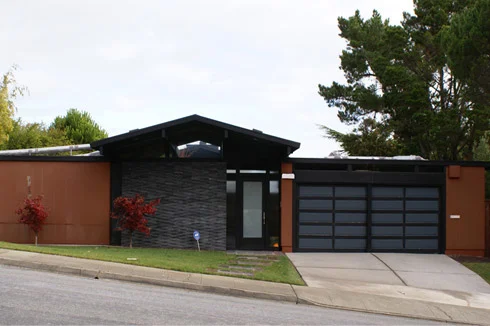Reverse Mortgage FAQs
Reverse Mortgage FAQs
What is a reverse mortgage?
A reverse mortgage is a loan that allows homeowners 62 years of age and older to use their equity to generate tax-free income, without having to sell the home or take on a new mortgage payment. In fact, the reverse mortgage is exactly what the title states, the reverse of a standard mortgage.
How is a reverse mortgage different from a standard mortgage?
With a standard mortgage, the borrower (or homeowner) makes monthly payments to the lender (or bank or mortgage company), in order to pay back the loan that the lender originally lent to for the purchase or refinance of the house. This payment includes interest that the lender charges the borrower for the loan. In a reverse mortgage, the situation is reversed; the lender makes monthly payments to the borrower. However, in both a standard and reverse mortgage, the lender secures their loan amount by using the house as collateral.
Do I make monthly payments on a reverse mortgage?
No monthly payments are due on the loan and the loan is repaid when the moves or sells the home, passes away, or ownership otherwise changes hands. The lender will require a borrower to continue making property tax and insurance payments.
What factors determine the amount of the reverse mortgage?
There are a few factors that determine how much money a borrower will receive from a reverse mortgage, such as the value of the home, borrower s (and co-borrower s) age, current interest rates and any lending limits that may be standard for your geographic area. As a rule of thumb, the older the borrower and the more valuable the home, the larger the available loan amount.
What can we use a reverse mortgage for?
The proceeds from the reverse mortgage can be used for anything, completely at the discretion of the borrower, though most borrowers use the funds for home repairs or modifications, health care expenses, to settle other debts, or for their long-planned vacation! Reverse mortgages are available for nearly all property types with the exception of co-ops, though co-op owners in some metropolitan areas, specifically New York, should have local options.
Can I receive a lump sum payment from a reverse mortgage?
Homeowners can choose how they want to receive their payments, either as a lump sum, monthly payments or as a line of credit. The line of credit is the most popular option, with nearly 60% of reverse mortgage borrowers choosing to the option to draw income or a lump sum off the line at the time of their choosing.
What happens if I decide to sell my house?
If the home is sold and the proceeds of the sale exceed the mortgage amount, the balance belongs to the borrower or their heirs.
What happens to my existing mortgage?
For reverse mortgage borrowers with an existing mortgage, that mortgage will need to be paid off completely, so that the new reverse mortgage will be the only lien on the house. If the proceeds from the reverse mortgage are not ample to pay off the existing mortgage, the borrower will need to access savings or other sources to pay off the rest of existing mortgage amount. In this scenario, the borrower won t have access to any additional funds from the reverse mortgage; however, they will no longer have a mortgage payment!
Can I get expert advice before I get a reverse mortgage?
One very important facet of the reverse mortgage process is the consumer counseling that is required for borrowers contemplating a reverse mortgage. Your lender can help you find counseling agencies and most programs are approved and monitored by HUD and/ or AARP. The counseling is required to make sure that the terms and risks of the program are clear to you. Counselors are obligated by law to review with you all of the implications of the new mortgage, and what your potential options are.
